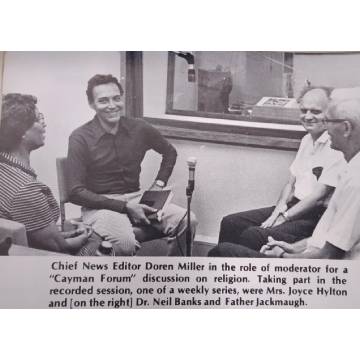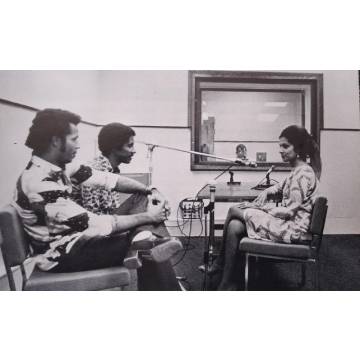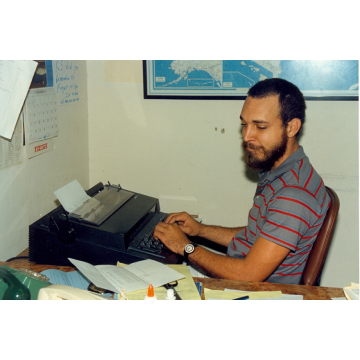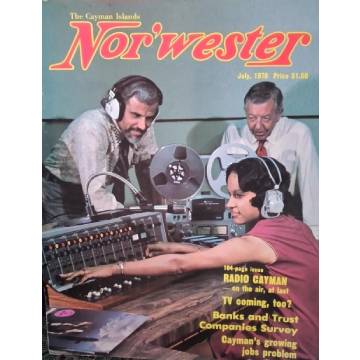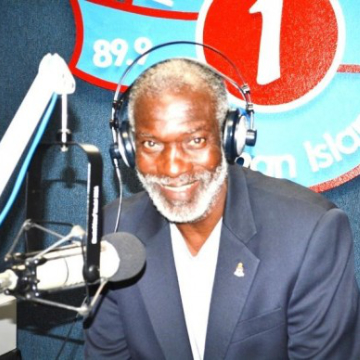News
International experts have made fifteen recommendations for the electoral process
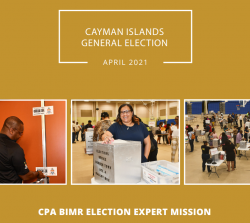
The international experts that independently assessed the Cayman Islands General Election have made fifteen recommendations for the electoral process in the Cayman Islands. In a report published today,1 the Election Expert Mission concludes that the legal framework for elections in the Cayman Islands provides an adequate basis for conducting democratic elections. However, several areas for improvement remain. At the invitation of the Governor of the Cayman Islands, His Excellency Martyn Roper OBE, the Commonwealth Parliamentary Association British Islands and Mediterranean Region (CPA BIMR) conducted a virtual Election Expert Mission to the Cayman Islands General Elections in April 2021. The invitation was supported by the then Government and Official Opposition of the Cayman Islands. In the official report, which is now publicly available, the analysts highlight that the legal framework provides an adequate basis for conducting democratic elections. The report also commends the Elections Office for its efforts in the lead up to Election Day as it provided extensive training for all polling staff, undertook a campaign of voter education, and prepared educational materials for staff and for candidate and party agents. The Mission also notes fifteen recommendations to improve elections going forward. These address several issues, including an absence of equality in the weight of the vote, due to severe differences between the number of registered voters in each electoral district. For the 2021 election, a registered voter in East End district had more than double the weight of a registered voter in Bodden Town East. It is arguable therefore that electoral boundaries have not been drawn in compliance with the Constitution and international standards. The recommendations also address a lack of transparency of campaign finance. Election candidates are only required to submit limited details of their campaign expenditure and of donations received, and campaign finance is only regulated for a short period of time. The report also includes recommendations on issues such as the severe restrictions on the right to vote and the right to stand for Caymanians, and the lack of clear and coherent complaints and appeals procedures. Due to the COVID-19 pandemic, the team of experts conducted the Mission virtually, carrying out research online, as well as undertaking interviews with a wide range of stakeholders, using digital meeting platforms. This was the third time that CPA BIMR was invited to assess elections in the Cayman Islands. In 2013, CPA BIMR conducted its first Election Observation Mission (EOM) to the Cayman Islands, followed by a second EOM in 2017, which resulted in the publication of a report with 21 recommendations.2 Although the 2017 report was cited as a source of recommended amendments to electoral legislation, only one recommendation was taken forward in time for this election. The CPA BIMR conducted the Mission in accordance with the Declaration of Principles for International Election Observation and Code of Conduct for International Election Observers. CPA BIMR has previously carried out observation missions to Anguilla, Montserrat, the Turks and Caicos Islands, and the British Virgin Islands with the aim of reinforcing good democratic processes.
Download File

